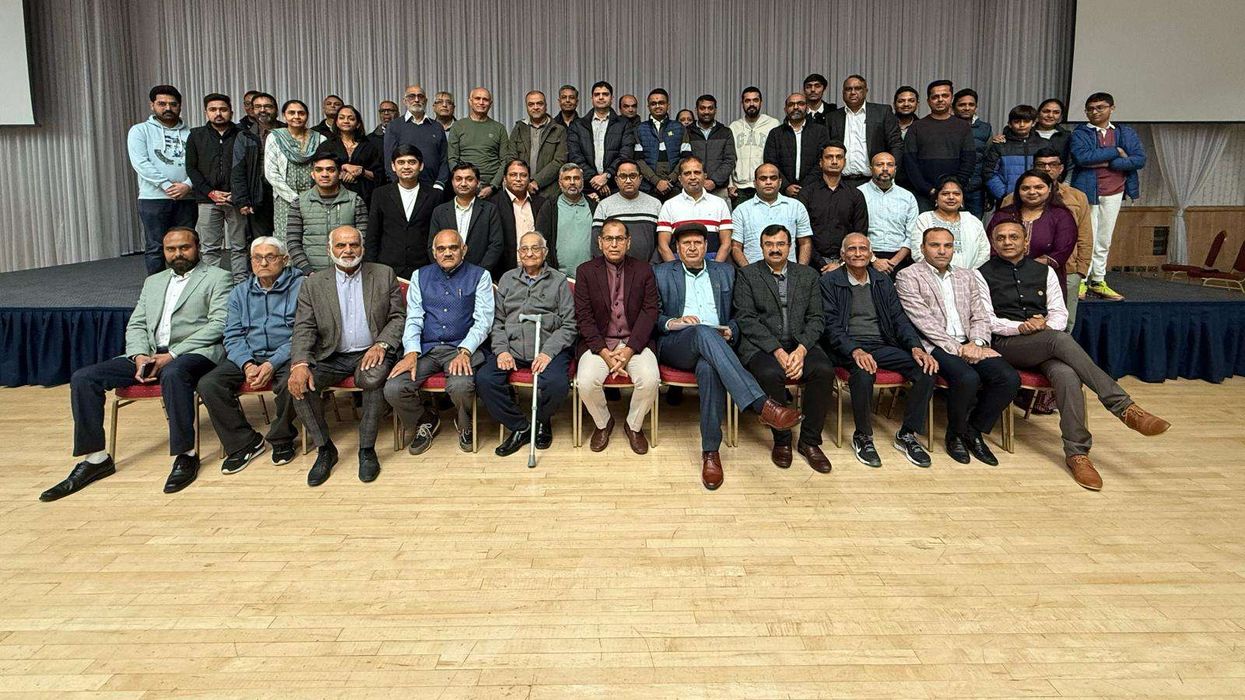MANISHA TAILOR MBE became the first woman and first person of South Asian heritage to be promoted to assistant head of coaching at Queens Park Rangers (QPR).
In her new role, Tailor will assist Chris Ramsey, who has helped mentor her in recent times. She has been the lead foundation phase coach at the West London club for the last three years.
According to reports, she was motivated by former England star Rachel Yankey to take her coaching badges.
“As a woman – and a South Asian woman in particular – I do think this is extraordinary and it wouldn’t have been possible without the mentoring and guidance I’ve received from Chris,” said Tailor about her new role.
“He gave me the platform to show what I could become. This shows it is possible for people from diverse backgrounds to progress to jobs like these, but you need mentoring, guidance and opportunity.”
She added that her job would be to work with the Under-9s to U16s and help disseminate and enforce the Academy coaching philosophy laid down by Ramsey.
She said: “Chris sets the programmes, oversees the coach education and is responsible for helping to get our very best Academy players into the first team. I’ll be on the grass, with the coaches, reinforcing that.”
Tailor is a qualified head-teacher, primary school trained with a Masters Degree, and more than 15 years of experience working in schools across the UK and Internationally. She also holds the UEFA B Licence in Football Coaching and Advanced Youth Award.
She was awarded an MBE in 2017 for ‘services to football and diversity in sport’.

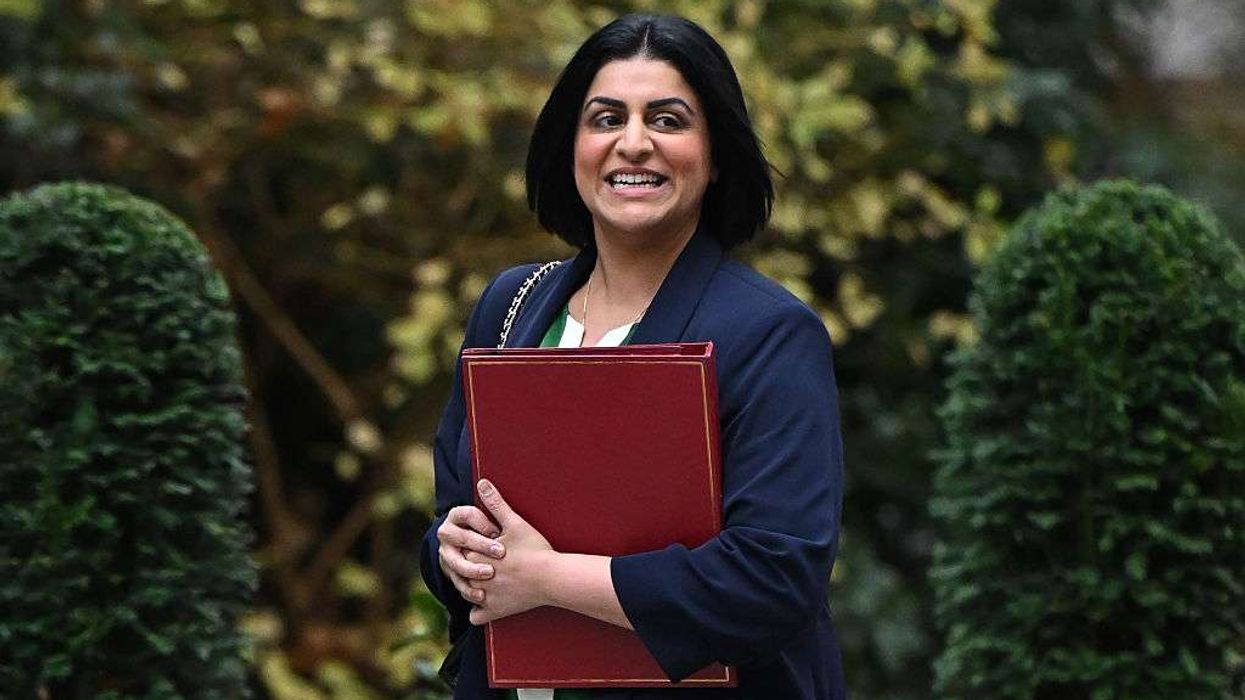
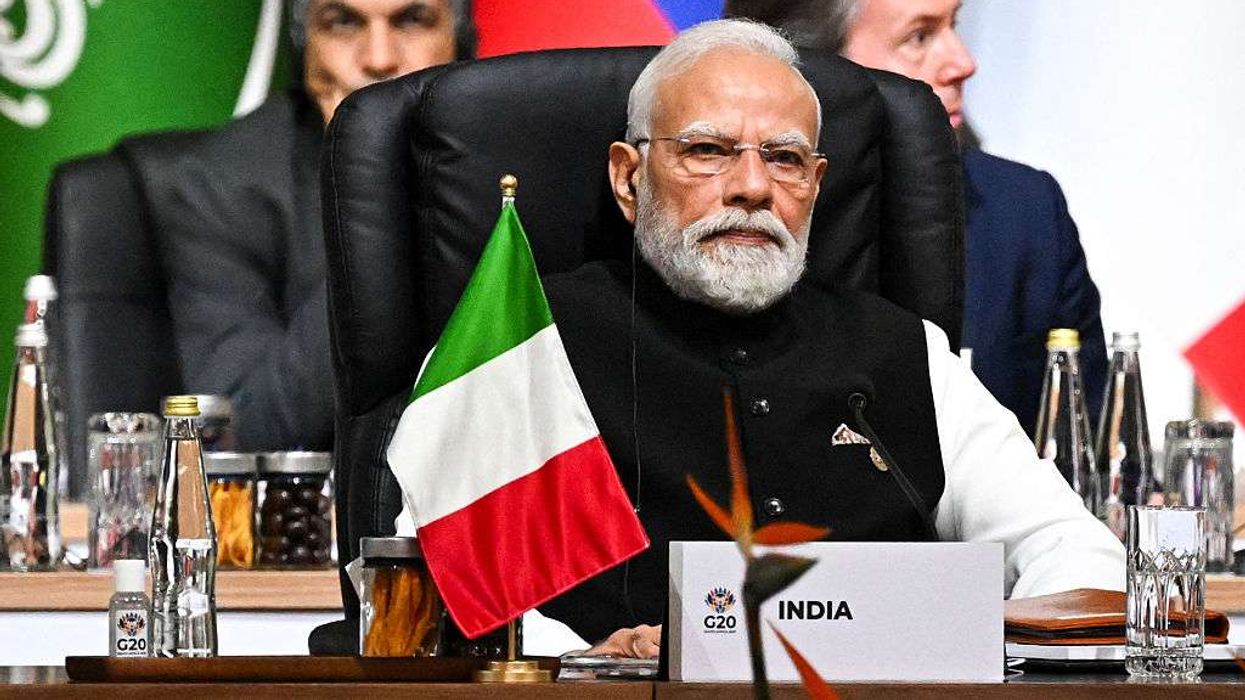
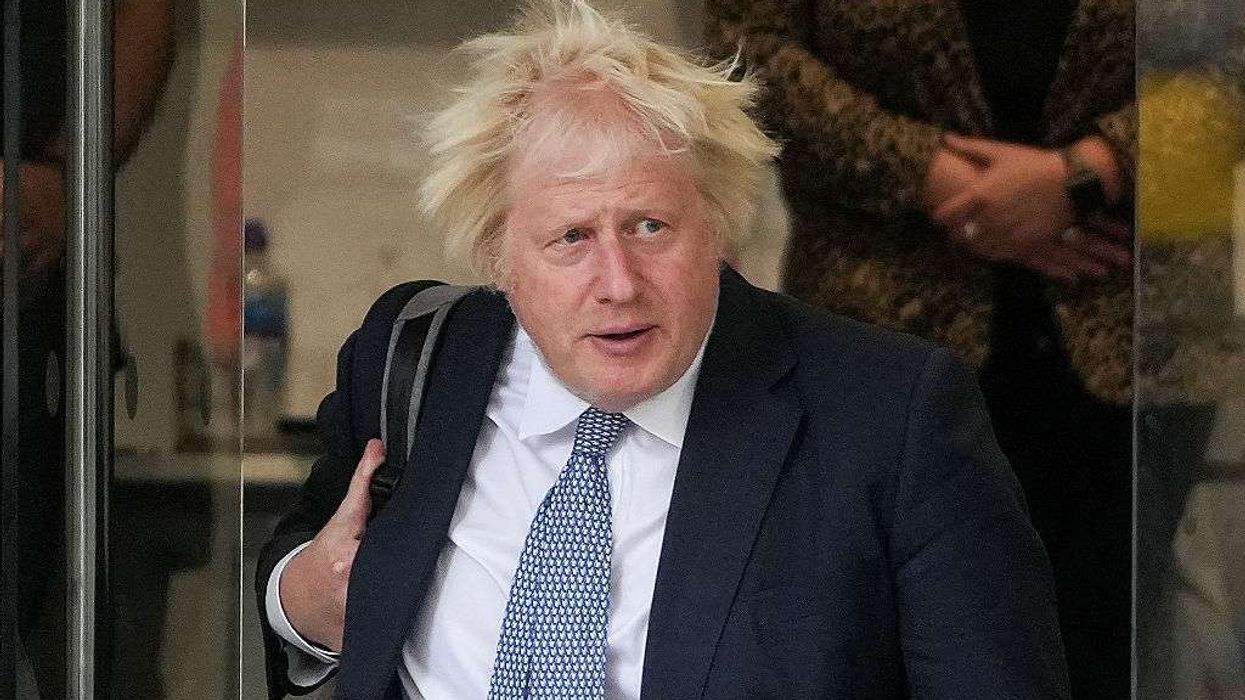
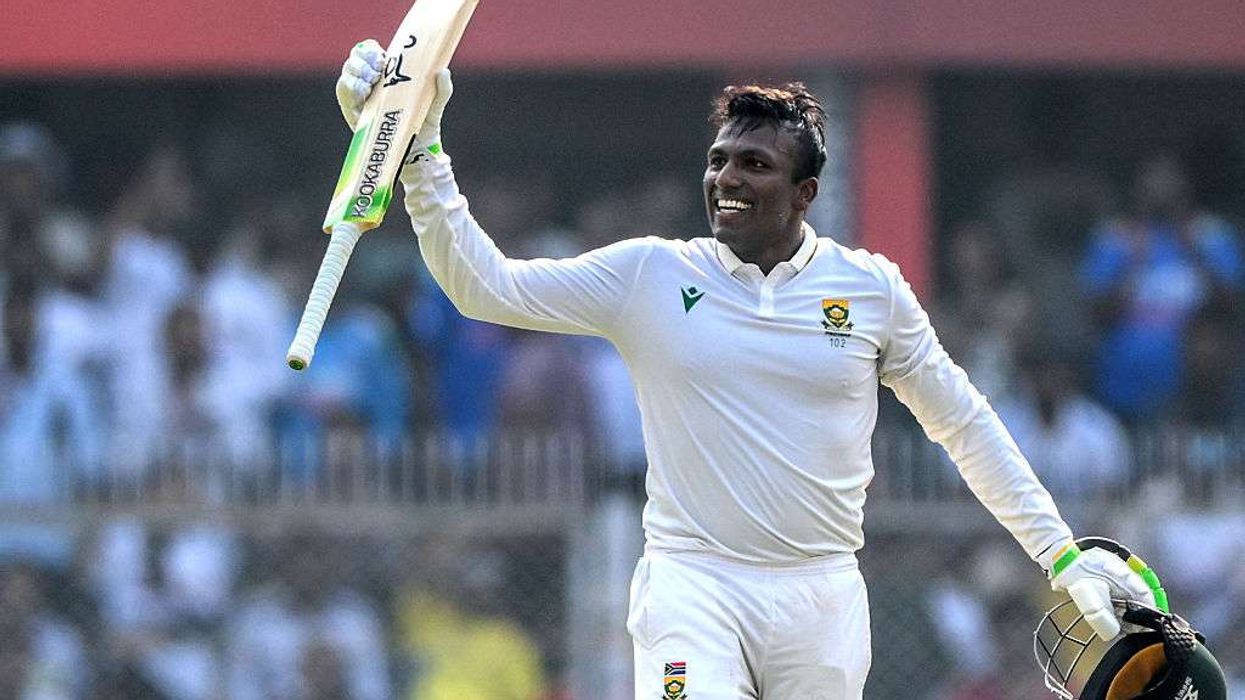

 Bollywood On Screen Kiss Evolution Bollywood On Screen Kiss Evolution
Bollywood On Screen Kiss Evolution Bollywood On Screen Kiss Evolution  Karma
Karma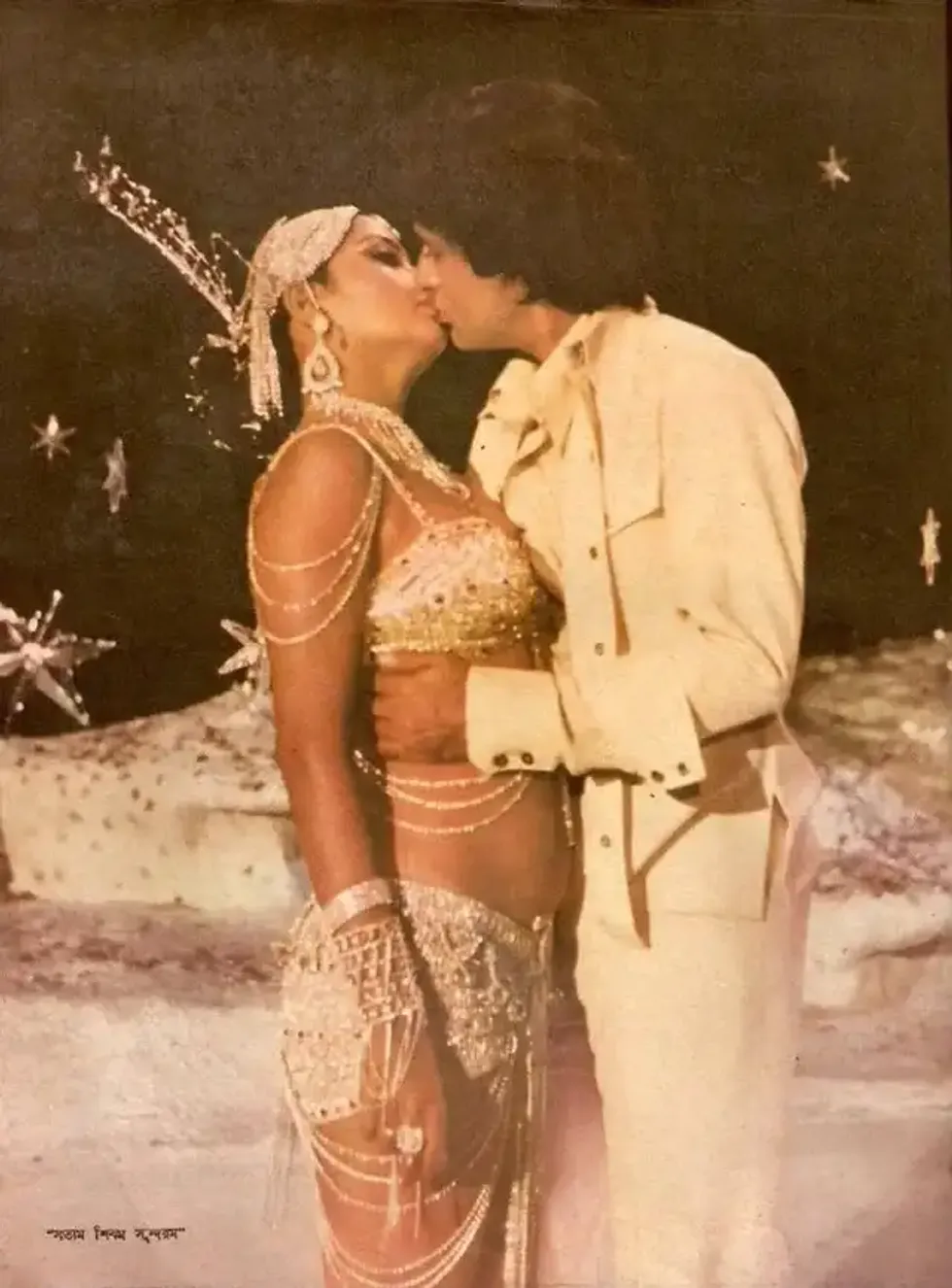 Satyam Shivam Sundaram
Satyam Shivam Sundaram  Raja Hindustani
Raja Hindustani  Murder
Murder Dhoom 2
Dhoom 2  Jab Tak Hai Jaan
Jab Tak Hai Jaan Bombay Talkies
Bombay Talkies Yeh Jawaani Hai Deewani
Yeh Jawaani Hai Deewani






